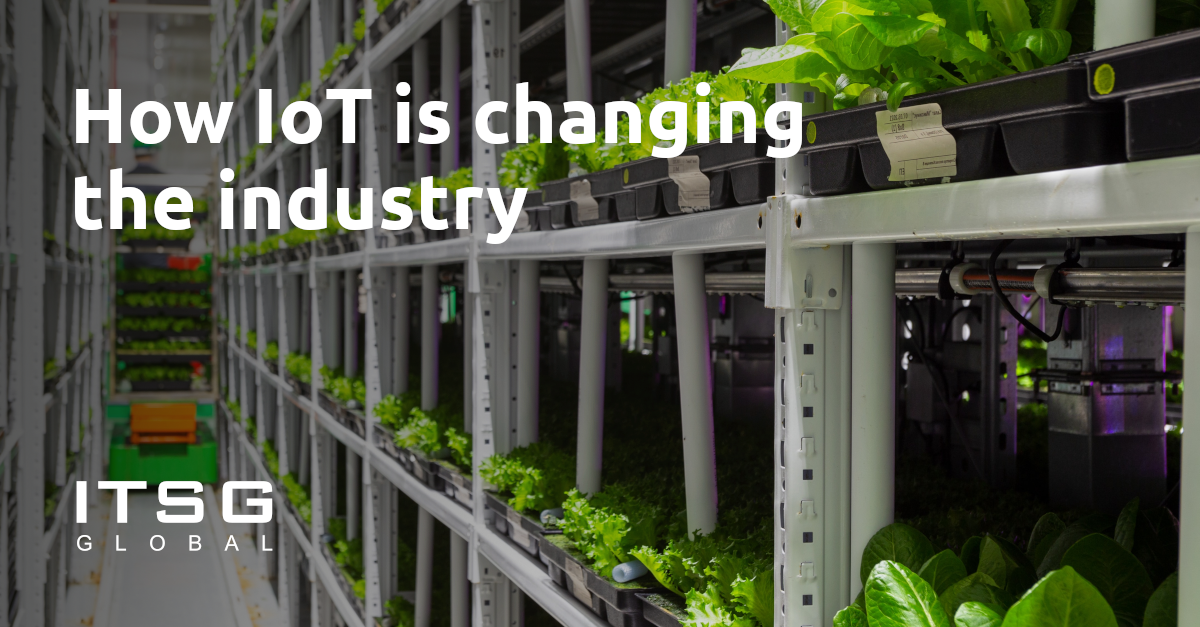9 November 2021
Before we begin, the one thing that has to be fully understood is that in the industrial environment IoT has a magnificent potential to improve basically everything. The Internet of Things might be connected with optimizing the production, reduction of manual work and less waste. Want to know how it works? Let me be your guide.
According to a “Industrial IoT – a Reality Check” report, smart factoring is one of the most important trends to observe in upcoming years. The percentage of smart factoring solutions will increase by 205% compared to 2020, with the increase in transport and smart logistics by 197%. This is happening because IoT solutions are expected to help organisations achieve their goals post-pandemic. Companies are investing to cut costs that occurred during Covid-19 pandemics. In that way they simultaneously make up for the losses and grow their competitive potential for the future.
Where can IoT be used?
IoT in industry can visibly increase productivity and quality. Since IoT provides real-time information on how specific resources are used, the management can optimize the production. Product also can be made on-demand, which lowers the costs of keeping unnecessarily big warehouses. Moreover, the usage of IoT can lead to quick response from the factory, which means better and more effective customization of the final product.
Moreover, IoT is brilliant when it comes to maintaining your machine park. It allows automatic control of all parameters 24×7, which helps to plan necessary works and it informs about potential danger before it happens.
Thanks to IoT it is possible to track all your assets which helps to schedule and order supplies. Warehouse systems are connected to smart solutions such as smart shelves, which requires very little work from human workers, which gives them time to perform more important tasks.
Finally, it just makes you look like a modern, trends following company, which makes you look good in the eyes of potential clients.
It’s all about the data
IoT influences how data is processed and it helps analysing it in a way which provides profits for the company. With IoT one can immediately respond to customer’s needs which is the most important reason why it should be considered in the first place. Not to mention that cloud environment is safe, so if security is high on your list (as it should be) then IoT is the way to go.
The ultimate purpose however is to create an environment with Machine 2 Machine communication, where human intervention is limited and data is processed and used directly by machines. This system is expected to intelligently respond to naturally changing needs, which will increase the effectiveness and eliminate most of the mistakes.
Good practices and other ideas
The largest market for Industrial Internet of Things solutions is definitely manufacturing. It is the industry which spends billions of software and hardware as well as services around implementation of solutions.
The second player is the transportation and logistics sector, which uses IoT for advanced communication and monitoring. The whole idea of smart supply chain management is based on using IoT. Again – the point is to speed up the processes and cut costs.
But there are other interesting examples, such as: smart cities, optimization of energy consumption or smart farming / livestock monitoring.
Author: Leszek Warzecha, Digital Marketing Specialist at ITSG Global







